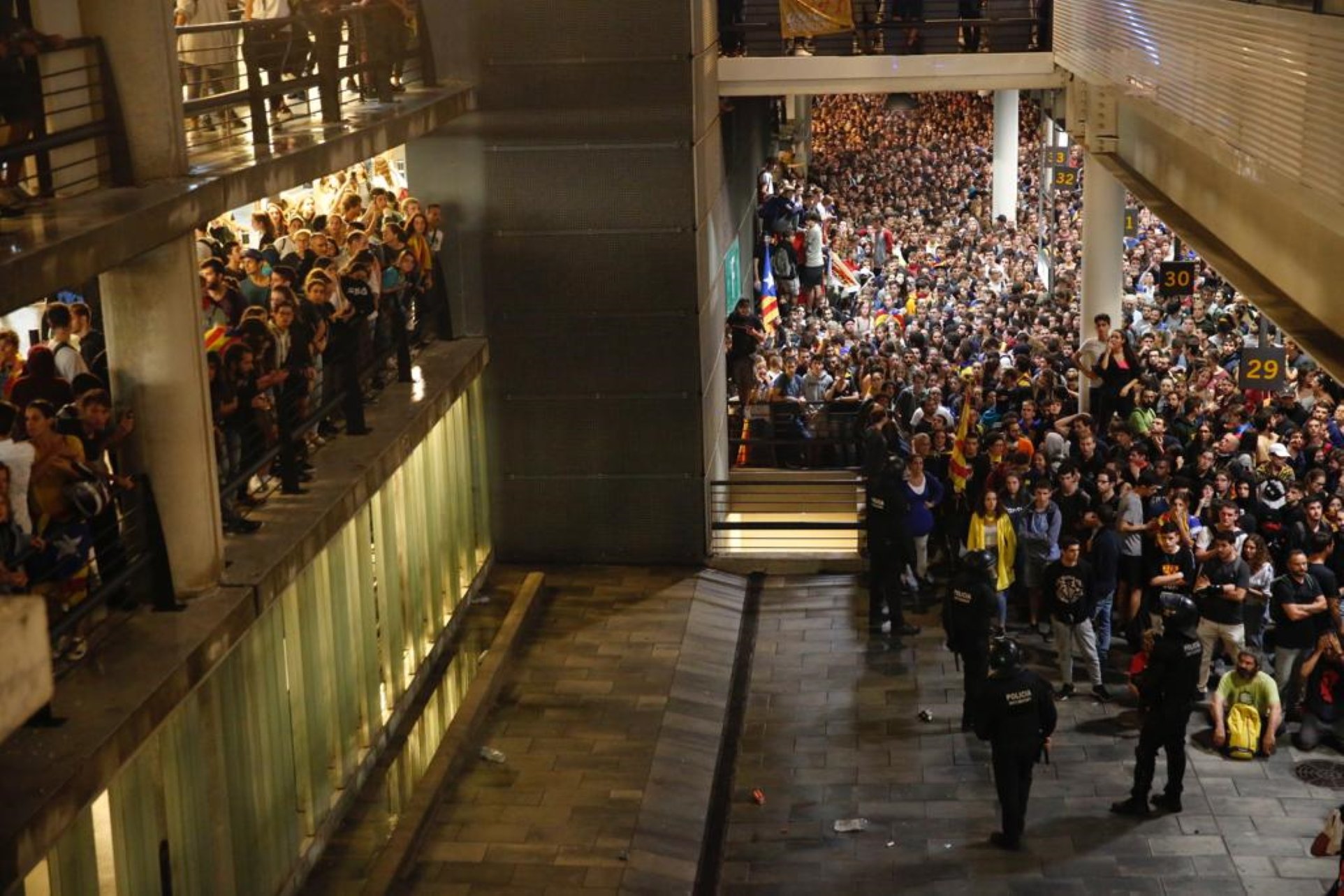Leading newspaper 'The New York Times' has diagnosed Spain as suffering from "political sclerosis" and has warned that Sunday's general election might prolong the illness, with recent events in Catalonia - the protests since pro-independence leaders were sentenced to jail terms - having upset the "gamble" made by Spanish PM Pedro Sánchez when he called an election.
Under the title "Another election in Spain threatens to deepen the political deadlock", the US daily refers to Pedro Sánchez as part of a generation of Spanish leaders who seem "unwilling to compromise". After failing to form a coalition government, the Socialist leader made an electoral calculation of his opponents' weakness when he called the poll, explains the article, but this went by the board after "the reaction" to October's Supreme Court sentences returned the "territorial conflict" on Catalonia to the top of the agenda.
"The sentencing unleashed not only peaceful mass protests, but also nights of violence during which the police fired tear gas and rubber bullets against protesters who set off bomb fires and threw rocks and Molotov cocktails at officers," it says. In the newspaper's opinion, as a result of all this, right wing parties PP, Cs and Vox "have increased the pressure" on Sanchez to apply emergency measures in Catalonia, to restore "law and order."
The New York Times quotes former French prime minister and current Barcelona city councillor Manuel Valls who speaks of the Spanish government's confusion on the issue. "It seems to me that they no longer really know what they should be doing in Catalonia," says Valls. "“The polls are looking worse, Vox is rising, and this is turning into a very uncertain situation," he says.

The newspaper notes that the Catalan question was a central focus of the televised debate between the Spanish candidates, to the point that Ciudadanos' leader Albert Rivera held up a broken Barcelona paving stone in the debate, which he suggested had been "thrown against police".
The article argues that it is this tense scenario which has led Sánchez to toughen his stance against the leaders of the independence movement, and to promise in the debate that exiled president Carles Puigdemont would be extradited to Spain. In this respect, the Times thus ignores indications that Sánchez was already proclaiming a much harder line against Catalan independence, well before the October protests.
The New York Times also states that although "the relationship between the governing politicians in Madrid and Barcelona has reached another low point," the pro-independence parties hope to strengthen their parliamentary position in these elections.

